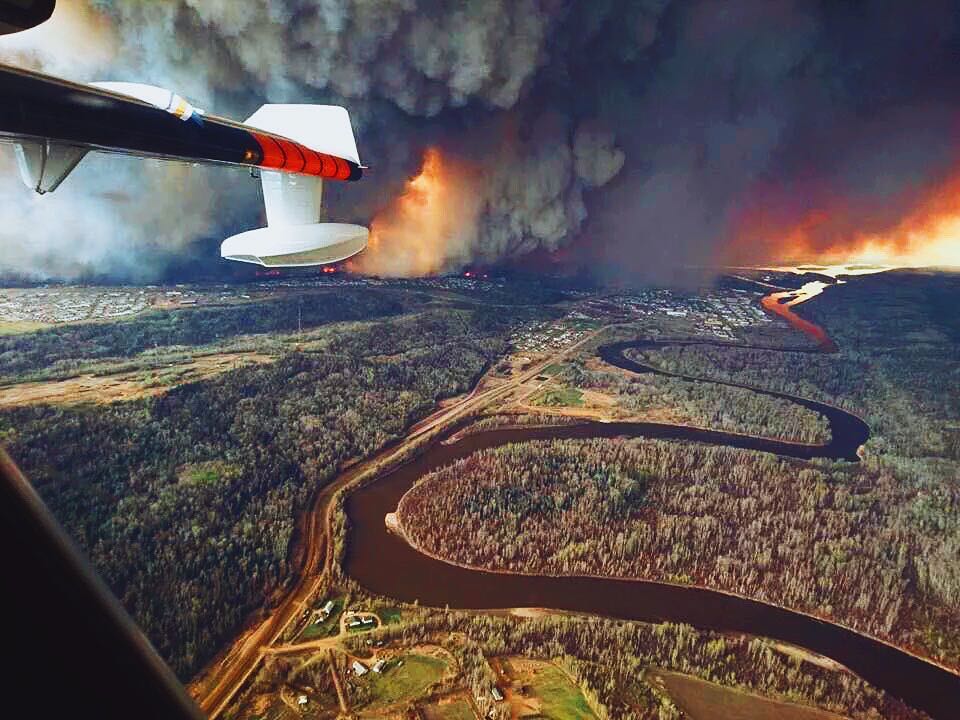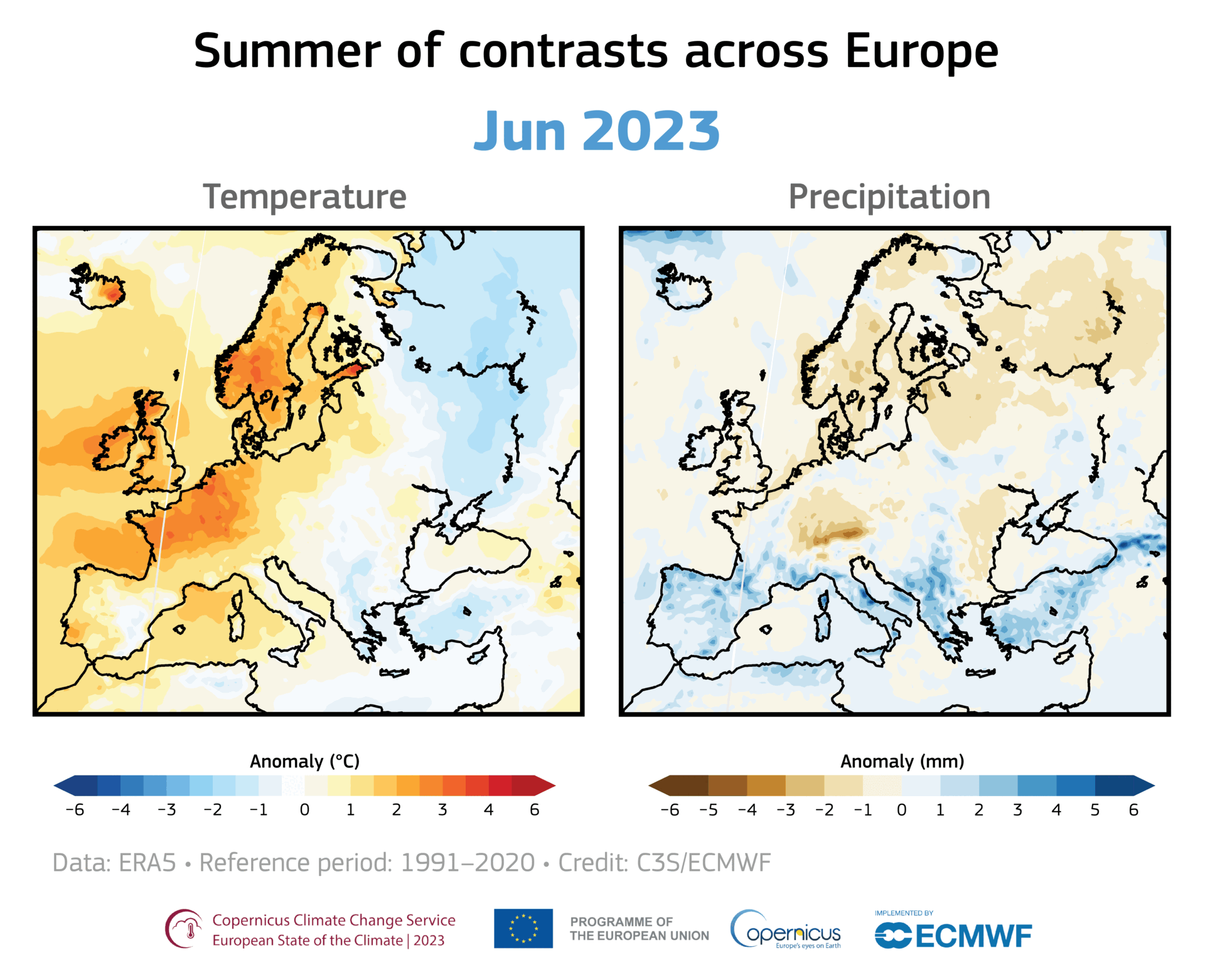

Alberta's wildfires remain out of control
Photo: Alberta wildfires as captured from the air Source: Bert Shepherd, Flickr
On 3rd May 2016, 90,000 people were evacuated from Fort McMurray as wildfires edged closer to the city centre. Despite the fires now being mostly under control, it looks likely to be the costliest natural disaster in Canada's history.
Strong winds, unseasonably hot temperatures and extremely dry conditions fuelled the rapid growth of the fire. The day the fires reached Fort McMurray, temperatures soared to 32.6C; this is 4.8C hotter than the previous temperature record set in Alberta back in 1945 and almost 20C above average for time of year.
In just a few days, the fire went from 10,000 hectares to 156,000 hectares. As of Monday 16th May, almost 285,000 hectares have been burnt; an area equivalent in size to the county of Dorset. To put things into perspective, in a typical fire season around 300 hectares of land burn in wildfires in Alberta during early May.
The cause of the fire, that remains under investigation, although The Alberta Government website has stated “most fires at this time of the year are caused by human activity and are preventable”.
Despite the 2016 fires currently being smaller in size regarding area burnt when compared with the 2011 fire season in Alberta, the impact on a community the size of Fort McMurray is historical. Around 2,500 structures have been completely destroyed, with 530 properties damaged. However, on a more optimistic note 85-90% of the city has been saved due to the efforts of the fire service. Estimates of damage could reach up to CAD$9 billion (£4.85 billion in GBP), making it Canada’s costliest natural disaster.
The strong El Nino of 2015/2016 bought much drier conditions to western Canada this winter, resulting in the fire season beginning four weeks earlier when compared with the previous year. The fire is still expected to continue to burn in forested areas over the coming weeks.



